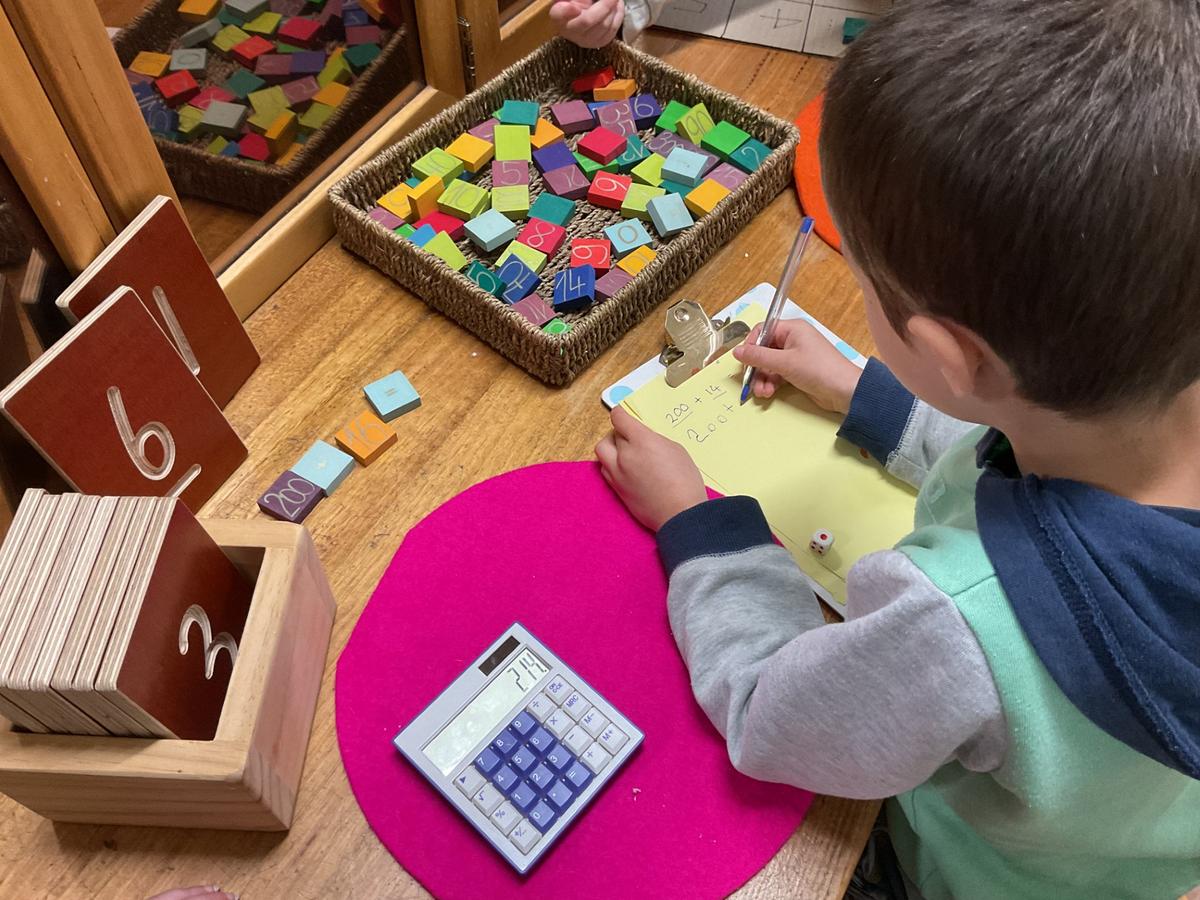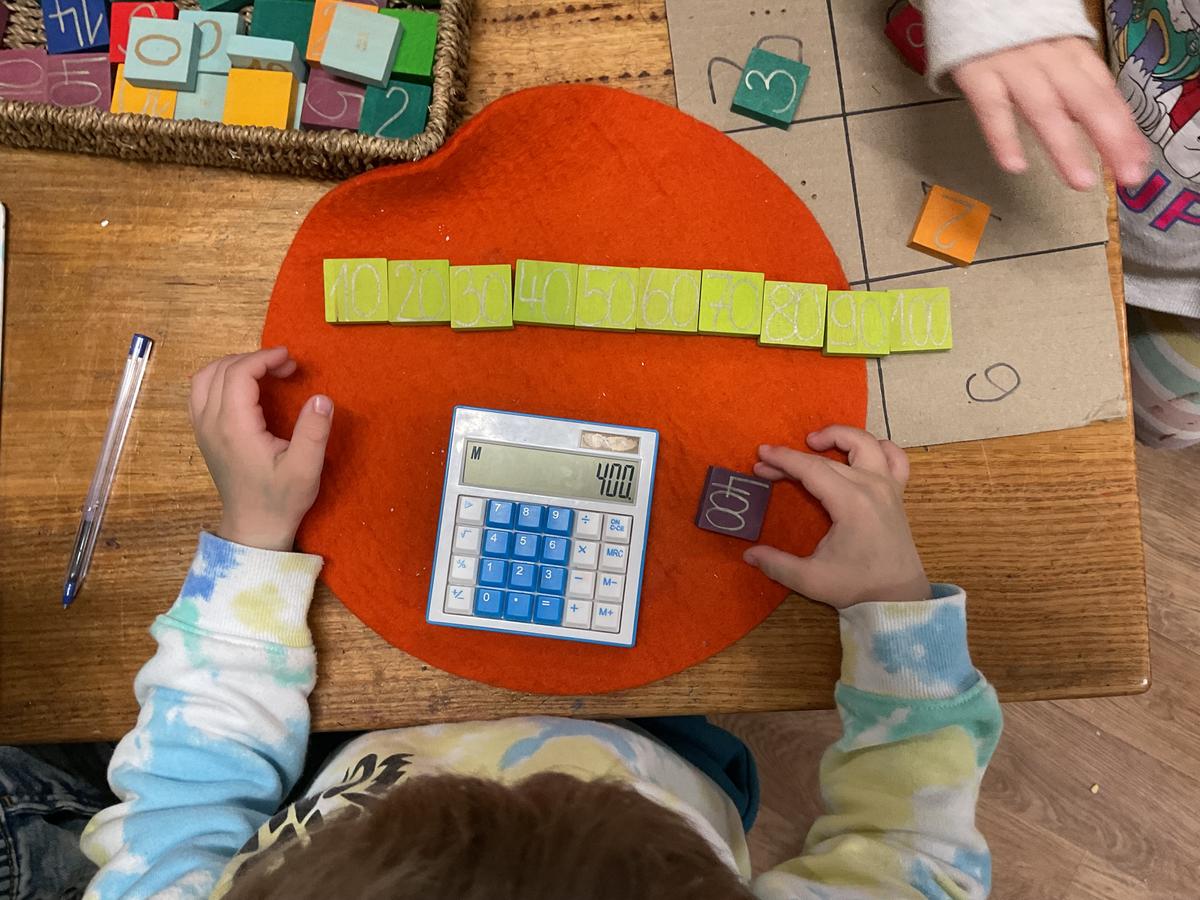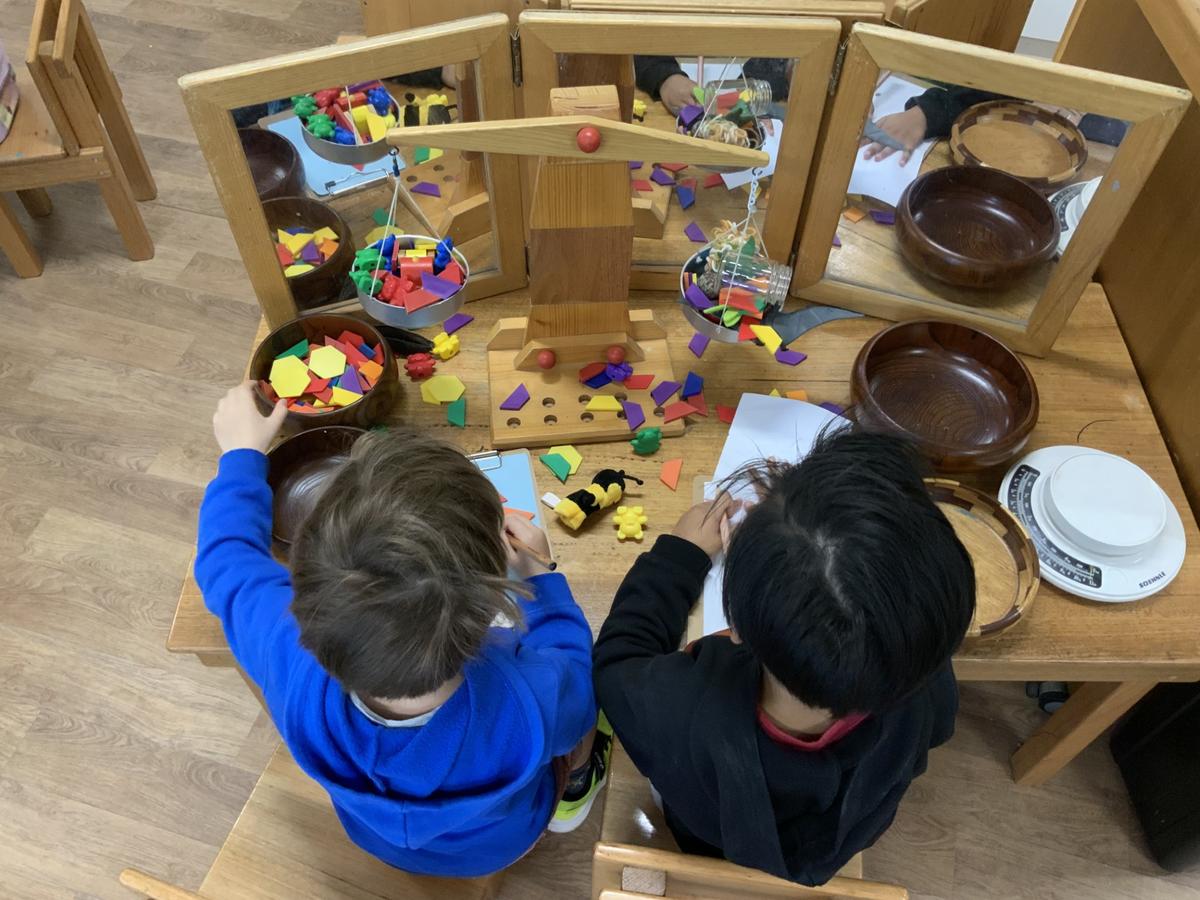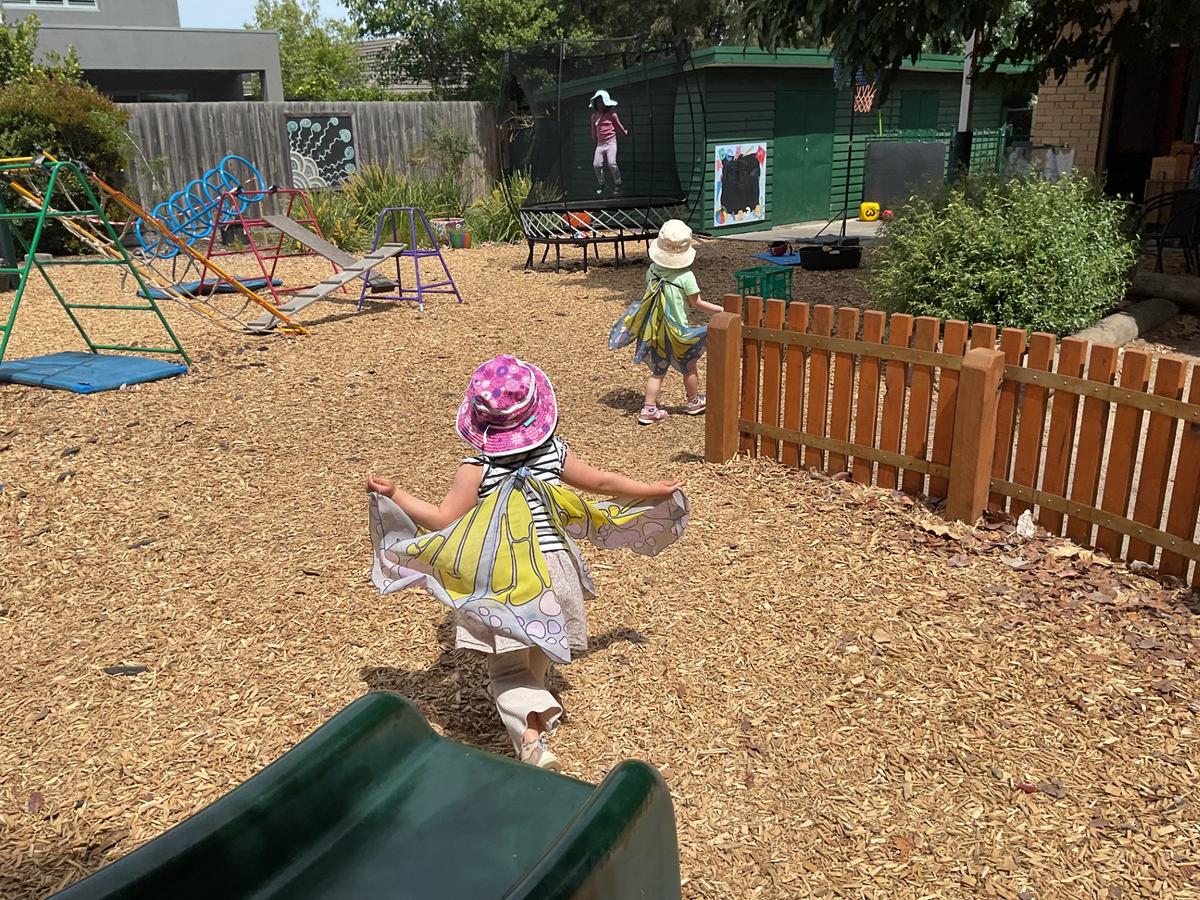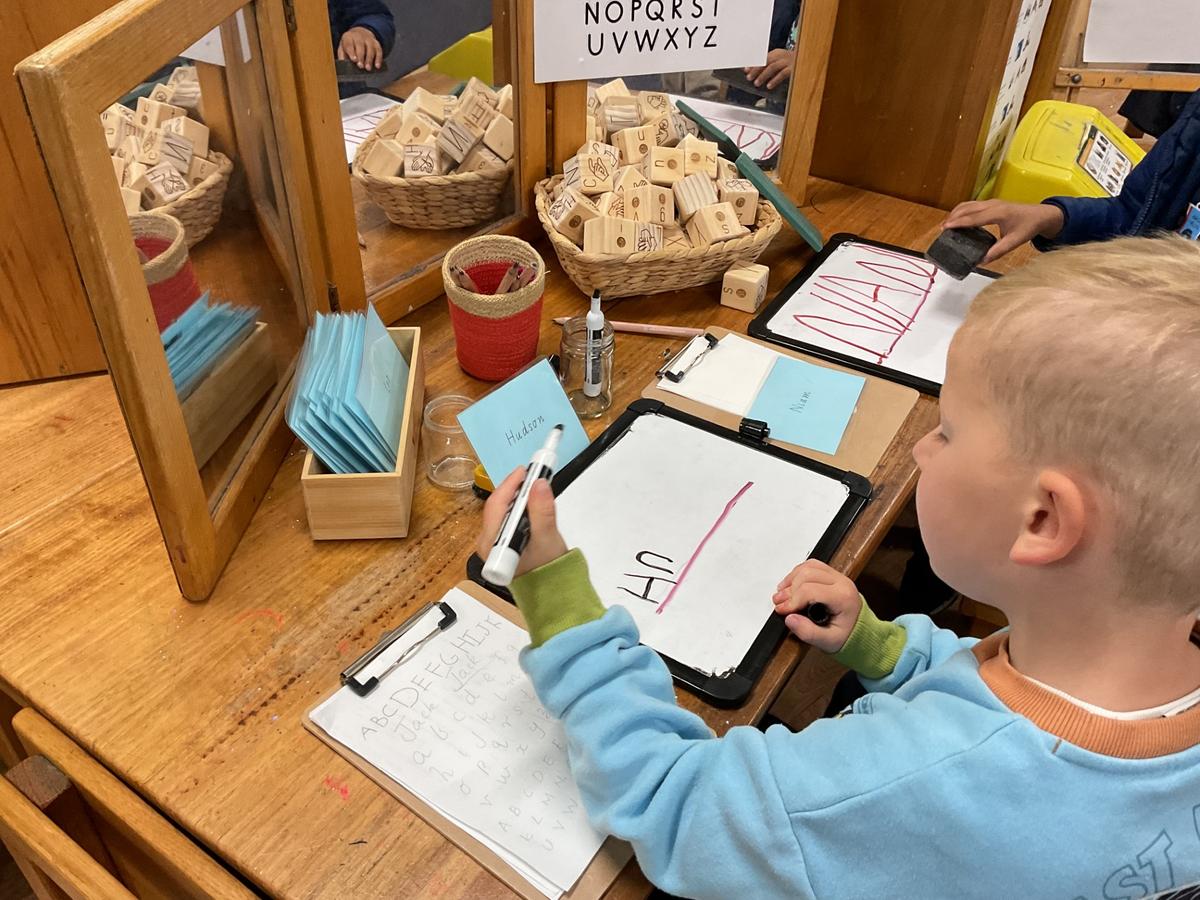Glen Education Centre Road

How do we support the children that are beginning their transition into school?
By Glen Centre Rd Educational Team
Now we are getting close to the end of the year we often get asked this question. This is something that we think of not only in November but from the moment each child starts their learning journey at kindergarten. We do this through conversations with children and families and through critical reflection across the year to plan and provide a learning environment that is rich with opportunity.
Supporting Identity (EYLF Outcome 1):
- Building trusting educator relationships with children and families to help them feel welcome and a sense of Belonging. Educators strive to achieve this by actively listening to children, working with families to create a learning environment that best supports each child and taking time to connect in.
- Supporting children to feel find a strong sense of self and develop a confident self-identity. We do this by supporting children to recognise and celebrate their strengths, achievements and successes, and to celebrate their peers in the same way.
- Providing opportunities for each child to have a voice; to share what is important to them; and to develop a sense of agency, so that they feel confident in speaking up for themselves.
Connecting to community (EYLF Outcome 2):
- Creating personal spaces for each child to feel like a valid member of the kinder community is achieved through portfolios, individual spaces for personal belongings, and visibly displaying children’s work to help them to develop a sense of connection and ownership of the kinder space.
- Encouraging children to use home languages and share aspects of their culture with the kinder community. We do this in many ways including our All About Me book, where children have the opportunity to share a page of photos and information about who they are and what is important to them and their family.
- Across the year we have spent time working together as a community on our garden, inviting families in to assist where practicable. The children help to rake leaves, water the plants, and in doing so begin to understand the interdependence of living things.
- taking walks to the schools and local park to feel a sense of belonging in the broader community. We have also invited some local schools to visit the kindergarten. Visiting the local school has allowed children to see what a school is like, and what the spaces are like (the library, classrooms, bathrooms etc), to prepare them for next year.
Creating a strong sense of Wellbeing (EYLF Outcome 3):
- using daily routines and transitions to support each child to feel comfortable in times of change.
- encouraging independence in learning how to unpack and pack our belongings; having responsibility of clothing, lunchboxes, shoes, and drink bottles.
- Scaffolding language to help children to recognise emotions and to develop strategies to help in times of frustration or distress.
- Providing activities that seek to allow all children to achieve success at their individual developmental stages.
- Providing opportunities for collaborative learning in small group activities such as science experiments or art creation. This allows children to learn from one another.
- Providing opportunities for physical activity such as dance and sports games to help children develop their hand preference, ability to cross the midline, and ability to develop the spatial awareness they need to negotiate the physical environment safely.
Scaffolding Learning opportunities and personal development goals (EYLF Outcome 4):
- providing activities of children’s interest to ignite curiosity in the world around them and begin to find successes in their learning environment.
- these opportunities support children in developing a love of learning, and to become lifelong learners.
- asking questions that support the development of creative and reflective thinking as well as problem solving skills.
- Creating a learning environment that is responsive to the interests of the children, and that inspires creativity and exploration to further develop knowledge and abilities of children.
Developing Communication Skills (EYLF Outcome 5):
- supporting language in play to create and sustain positive relationships
- developing social communication skills by learning how to share, listen, negotiate, and engage with peers in play
- Recognising all forms of communication as valid including verbal and non-verbal such as body language, music, and the arts.
- Utilising information technology to research and access further information about areas of interest
- Providing opportunities for mark making, an essential pre-literacy skill
- Providing a range of books for the children to explore, including fiction and non-fiction. Reading with the children develops their understandings of how language systems work, and how text and illustrations can combine to tell a story. Discussions around books help to further develop skills of analysis, reflection, questioning, and deeper thinking.
The Mandarin Language Program
The Language Program (Mandarin) at Glen Centre Rd provides an opportunity for the children to learn another language/culture and develop a rich understanding of how language works in a play-based learning environment. Education experts have found that there are many benefits to starting to learn additional languages at a young age. This includes helping the children to think, explore, and problem solve as well as pre-reading and pre-writing learning (language looks and sounds different around the world). The children will benefit from all these skills when they start school. All primary schools at Victoria are required to provide a language program for the children. As the children already experienced the language program at kindergarten, they are more easily to adapt to the school curriculum.
At Glen Centre Road Kindergarten we take a holistic approach to teaching, looking at the development of the whole child – their intellectual, emotional and physical needs. Our programs aim to help each child to grow and learn across all domains, developing skills and dispositions for learning that will see them ready to face the transition to school with confidence, curiosity, and a joy of learning as they step up to the next big journey of their young lives.

